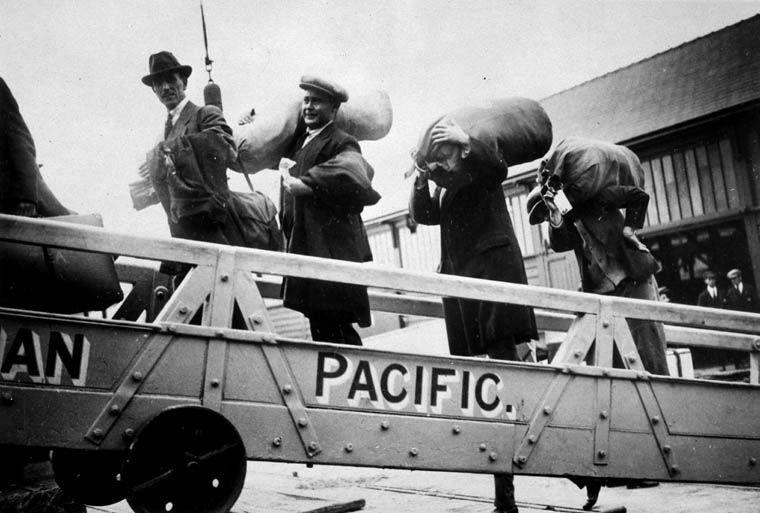Note: Get my writing straight to your email inbox each week by subscribing to my newsletter!
My dad has hundreds of Mason jars of preserved vegetables in his basement. Jars of tomatoes, beans, and peppers. Pickled beets and collard greens.
For the past few years — after retiring — he’s become increasingly interested in the process of “canning” vegetables from his garden.
I roll my eyes and tease him about it. Why don’t you just eat more of the fresh vegetables? Why preserve them if it makes them taste worse? Aren’t there seemingly infinite cans already available at the grocery store?
His answer is usually to talk about his now-deceased grandmother — my great grandmother — who used to preserve food on her West Virginia farm.
As much as I love hearing about our family history, canning seems like a random relic of the past. A necessary process that rural families had to do before the industrialization of food. Nothing to get excited about.
But the other day I was reading a book about 18th-century German immigration and found even more evidence about the roots of my dad’s canning obsession.
What I had known is that my ancestors were among the first Germans to set foot in the British North American colonies. They’d fled Germany in 1708 after decades of war had destroyed their farms and towns. They’d followed a prominent religious leader to England, where immigrants were increasingly unwelcome.
They’d been fortunate that the emerging English capitalist class needed cheap labor across the Atlantic. They’d been shipped to what is now New York’s Hudson Valley to work off debts and defend the British Kingdom from indigenous people and the French.
What I hadn’t known was whether they were able to keep their German customs and traditions alive after emigrating.
According to the book — a history written in 1939 — they brought along their hardy way of living in a number of ways.
Those first few years in New York, they survived off of turnips, which “they scrape[d] and [ate] without any salt or fat and bread.” They cultivated potatoes and strawberries, which grew wild in the area. They built and shared among themselves stone ovens, haymakers, and cornbread mixers.
The men cleared the land, hunted, and fished. The women worked in the household while also farming.
In other words, they leaned on their ways of German living to endure in the “New World.”
I also learned that another group from the same area of Germany were sent to Ireland instead of New York. The author of the book visited Ireland to talk with their descendants and wrote, “They still pickle and preserve large quantities of fruits and vegetables, and in this they are the marvel of their neighbors.”
Reading that made me miss my dad. I texted him that I want him to teach me how to pickle his delicious canned beets.
This is an example of what anti-racist educator David Dean calls finding “roots deeper than whiteness.” He writes:
“My ancestors came to Virginia as indentured laborers in the 1600’s. Yet prior to their arrival they did not call themselves white. They were English commoners who resided in rural villages and held cultural practices and forms of folk Christianity that were distinct from those of the aristocracy. Celebration was central to their culture and their calendar was filled with saints’ days. Many were regional and involved particular festivities and ceremonies to honor local sites in nature that had been held sacred since time immemorial.
Reconnecting to this history, to our roots that are deeper than whiteness, allows us to quell feelings of shame with meaningful self-understanding. It also allows us to recognize that our survival in this increasingly unequal and polluted world depends on our ability to ally ourselves with indigenous people and people of color.”
The “white” race is an invention.
It was created to turn European working people against free and enslaved Africans and indigenous people.
It was manufactured to make them feel like they were better and special, even if they still had difficult lives.
Along the way, they were forced to trade away their European ways of life for the shallow protection of whiteness.
If you’re white like me, it’s our job now to reconnect with our roots. It’s the only way we’ll find enough “emotional strength and political clarity necessary to be powerful contributors to the struggle for collective liberation,” as Dean’s organization White Awake (which, full disclosure, I work for) puts it.
Who knew a can of beets could have so much power?
Hi, I’m Jeremy, a therapist and writer. Subscribe to my weekly email to get posts like this straight to your inbox here.
To work with me in individual therapy, join one of my therapy groups, or hire me to teach wellness skills to your organization, get in touch.
Download my free ebook on how meditation has made me less anxious and transformed my life.
Photo from BiblioArchives / LibraryArchives.
